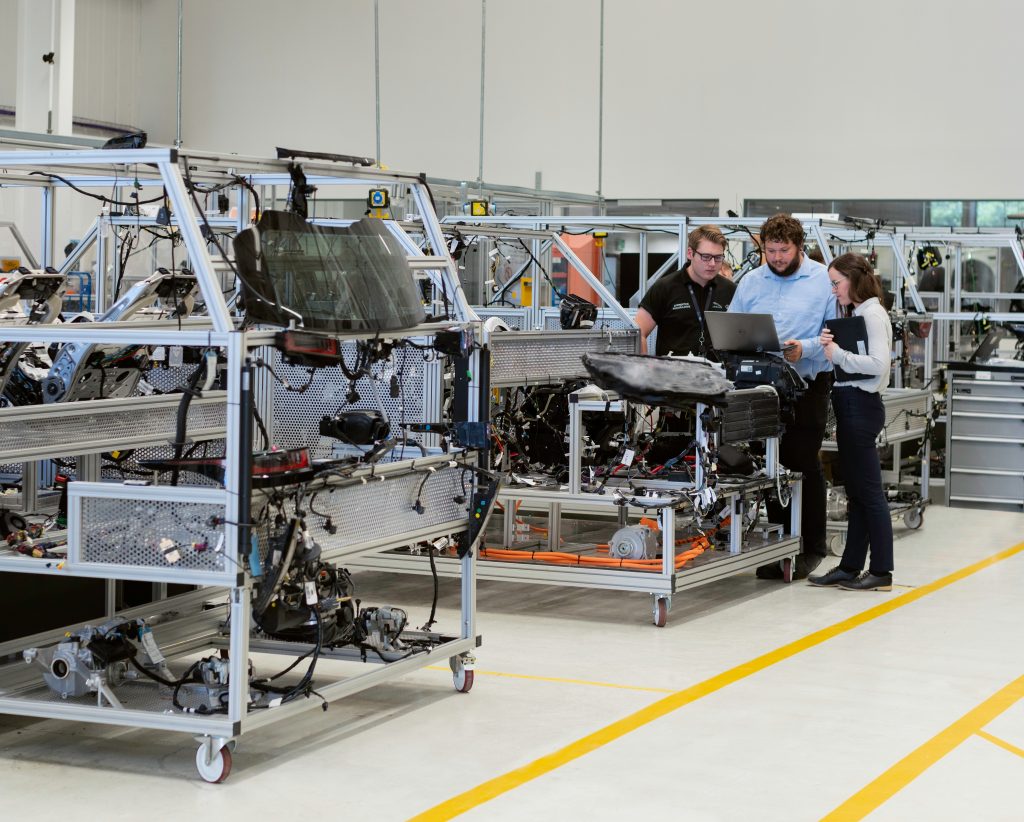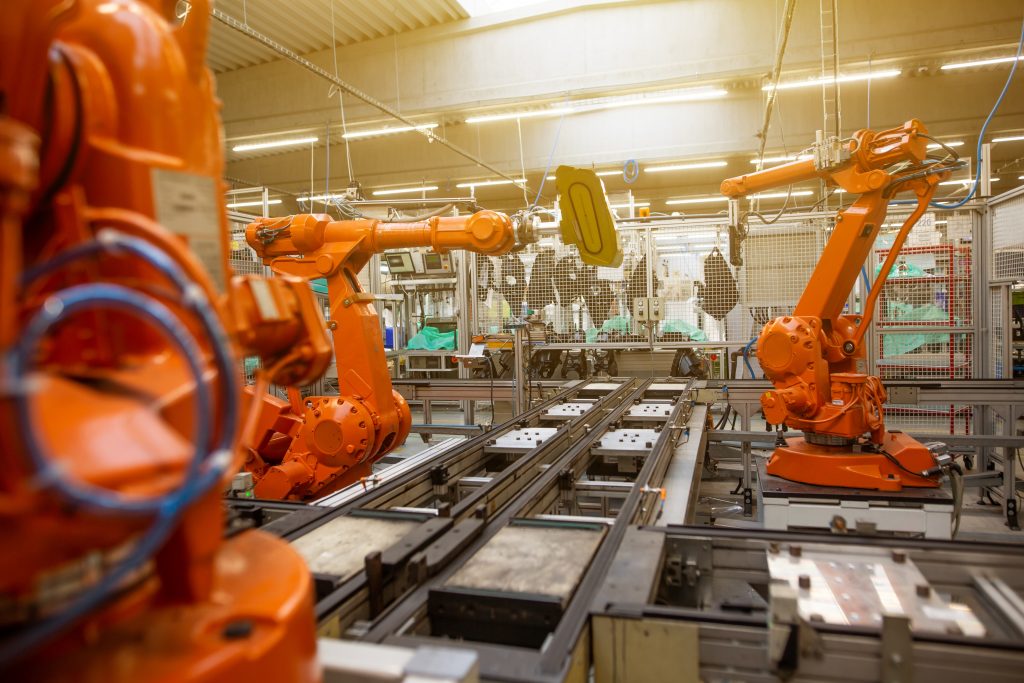Test equipment plays a critical role in various industries, from electronics and telecommunications to aerospace and automotive. Whether it’s measuring voltage, frequency, temperature, or other parameters, accurate and reliable test results are essential for making informed decisions and ensuring the quality of products and processes.
Calibration, the process of comparing a test instrument’s measurement accuracy to a known standard, is the key to ensuring that test equipment produces trustworthy and dependable results. In this blog post, we will delve into the significance of calibration for test equipment and its impact on various industries.
What is Calibration and How Does It Work?
Calibration is a systematic process that determines and corrects any deviations or errors in a test instrument’s measurements. During calibration, the instrument is compared against a reference standard with a known, traceable accuracy. If any discrepancies are found, adjustments are made to align the instrument’s readings with the standard- ensuring accurate and consistent measurements.

The calibration process involves meticulous attention to detail, following established procedures, and utilizing calibration equipment with a higher level of accuracy than the device being calibrated. The frequency of calibration depends on factors like the instrument’s stability, usage, and environmental conditions, and it is typically performed at regular intervals.
Calibration is essential for ensuring the accuracy of test equipment. Over time, instruments can drift in their measurements due to factors like component aging, environmental conditions, and wear and tear. Calibration helps identify these changes and brings the instrument back to its original, accurate state.
Moreover, calibration provides traceability. When an instrument is calibrated by a certified laboratory, its accuracy is traceable to national or international standards. This traceability is crucial for compliance with industry regulations and quality assurance programs, as it ensures that measurements can be compared and verified across different laboratories and facilities.
Many industries have strict regulations and standards governing the use of test equipment. For instance, in the medical field, calibration is vital for accurate diagnostic results and treatment planning. In the aerospace and automotive sectors, precise measurements are crucial for safety and performance evaluations.
Enhanced Product Quality and Reliability
Calibration directly impacts the quality and reliability of products. In manufacturing processes, test equipment is used to verify the performance of components and assemblies. Inaccurate measurements can lead to faulty products reaching the market, resulting in costly recalls and damage to a company’s reputation.
Calibrated test equipment ensures that products meet design specifications, leading to consistent quality and reliable performance. By catching defects early in the production process, calibration helps prevent costly rework and product failures after deployment.

Cost Savings and Efficiency
Investing in regular calibration can actually result in substantial savings over time. By ensuring that your equipment is accurately calibrated, you can avoid expensive errors and prevent potential breakdowns or malfunctions, ultimately minimizing repair and replacement costs. By identifying measurement errors and correcting them promptly, calibration reduces the risk of making critical decisions based on inaccurate data.
Calibration also enhances efficiency. Accurate measurements mean fewer repeated tests and more confidence in results, streamlining the testing process and accelerating time-to-market for new products and technologies.
Calibration not only improves the accuracy of test equipment, but it also helps extend its lifespan. By addressing minor issues early on, calibration prevents the escalation of problems that could lead to equipment failure or costly repairs.
Regular calibration can also identify the need for maintenance, allowing equipment to be serviced and optimized before potential issues worsen. This proactive approach ensures that test instruments remain in peak condition and deliver reliable results over their operational life.
By calibrating instruments regularly, industries can maintain compliance with standards and regulations, enhance product quality, and make informed decisions based on trustworthy data. Investing in calibration services demonstrates a commitment to excellence, accuracy, and customer satisfaction. It is an essential aspect of any quality assurance program, contributing to cost savings, efficiency improvements, and extended equipment lifespan.
Don’t overlook the importance of calibration for your test equipment! If you need your NI Hardware calibrated, Apex Waves has options. We offer NIST-accredited calibration services through a third party, or basic in-house (unaccredited, to manufacturer specifications) calibration services prior to shipping upon request. Request an RMA with us today!







